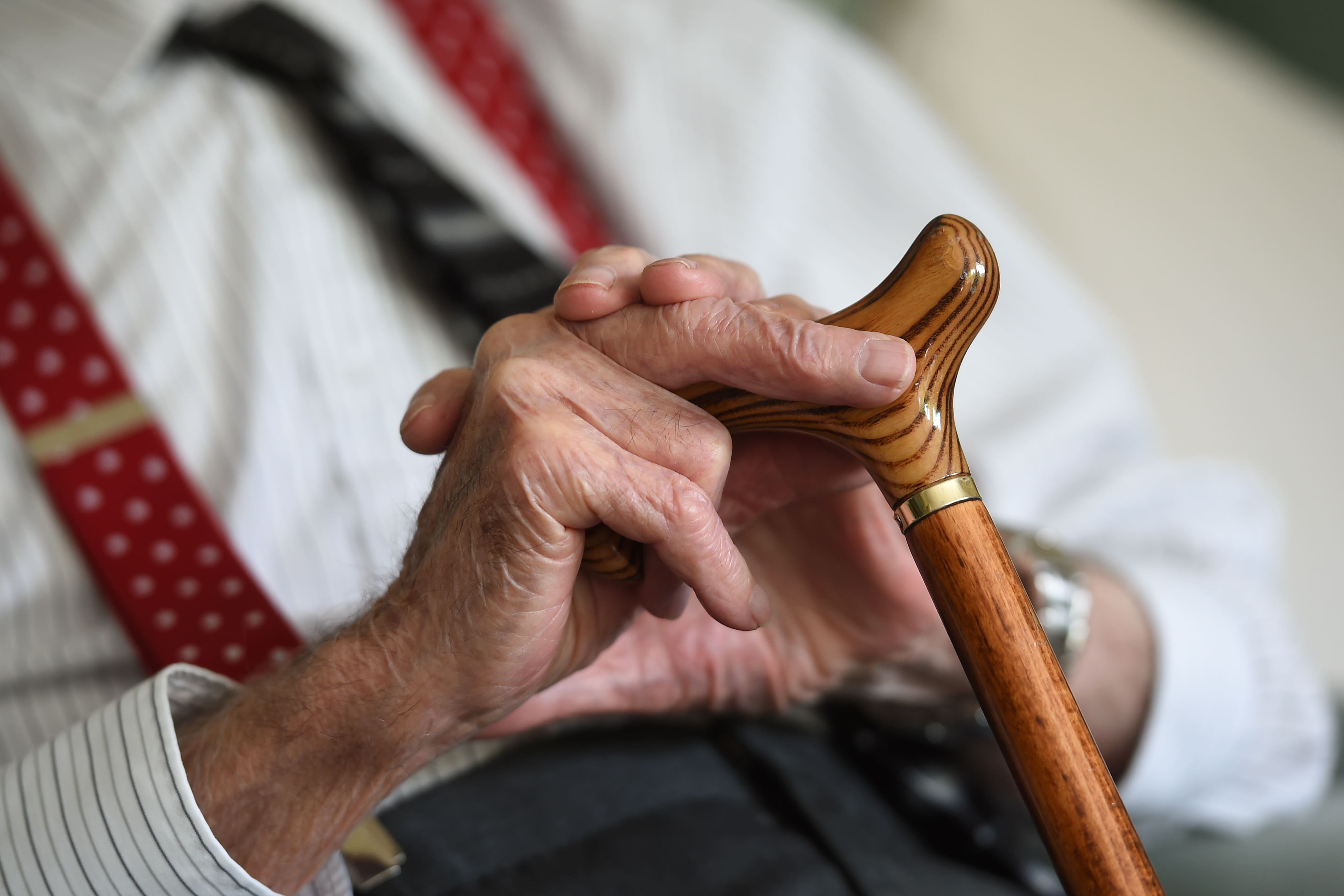Quarter of people with dementia symptoms delay seeing doctor
It comes after a breakthrough in recent weeks in which new drugs lecanemab and donanemab may work better in people who are diagnosed earlier

Almost a quarter of people with dementia symptoms waited more than six months before seeing a doctor, new research shows.
A new survey for the Alzheimer’s Society to mark Dementia Action Week also found one in three people who notice they or a loved one has symptoms keep their fears to themselves or dismiss them as old age.
Just 15 per cent of the 1,137 people surveyed raised the issue straight away and 11 per cent said they hadn’t raised concerns after first spotting symptoms.
Researchers questioned 18-85-year-olds including people living with diagnosed dementia, carers, those who are undiagnosed but think they may have dementia and people who suspect a loved one has it.
Confusing dementia symptoms with normal ageing was the top reason people stayed silent (64 per cent). That was followed by not wanting to worry family members (33 per cent) and concerns about how their relationships might change (16 per cent).
Some 44 per cent said they were scared people would speak down to them after they were diagnosed, or treat them like a child.
It comes after scientists declared a breakthrough in treating the disease, with new drug lecanemab appearing to slow the progress of early-stage Alzheimer’s patients.
Emma Ruscoe’s husband, Simon, was diagnosed with early-onset dementia in 2019, when he was aged 55.
The mother-of-two from Solihull said: “I was terrified, the man I married over 30 years ago was slipping away and I didn’t know why, or what to do.
“Simon knew something was wrong but was reluctant to talk because he was worried about how others would treat him – our friends thought I made it up and was experiencing menopause or stress. I begged him to see a doctor.
“The experience was frightening, stepping into the unknown. But we came out of the appointment knowing what the future held and how we would deal with it together.
“The diagnosis was a huge relief. It’s difficult to accept – it took Simon nine months to say out loud that he had dementia.”
Kate Lee, chief executive of the Alzheimer’s Society, said: “We can’t continue to avoid the ‘d’ word – we need to face dementia head-on.
“As soon as you realise something is not right, come to Alzheimer’s Society – you can use our symptoms checklist to help have that all-important first chat with your GP.”
An early diagnosis is crucial to help manage symptoms, according to the charity, which has launched a new campaign called – It’s not called getting old, it’s called getting ill – to encourage people to seek support in getting a diagnosis.
Dementia symptoms to look out for
According to the NHS, the main sign of Alzheimer’s in the early stages is memory lapses. These could include forgetting about recent conversations or events, misplacing items, forgetting the names of places or objects and not being able to think of the right word.
It could also include asking questions repetitively, showing poor judgements and finding it difficult to make decisions. As the disease develops, memory problems will get worse. People with the disease may find it increasingly difficult to recognise their family and friends.
Other symptoms include:
- increasing confusion and disorientation – getting lost, or wandering and not knowing what time of day it is
- obsessive, repetitive or impulsive behaviour
- delusions (believing things that are untrue) or feeling paranoid and suspicious about carers or family members
- problems with speech or language
- disturbed sleep
- changes in mood, such as frequent mood swings, depression and feeling increasingly anxious, frustrated or agitated
- difficulty performing spatial tasks, such as judging distances
- seeing or hearing things that other people do not (hallucinations)
Subscribe to Independent Premium to bookmark this article
Want to bookmark your favourite articles and stories to read or reference later? Start your Independent Premium subscription today.

Join our commenting forum
Join thought-provoking conversations, follow other Independent readers and see their replies